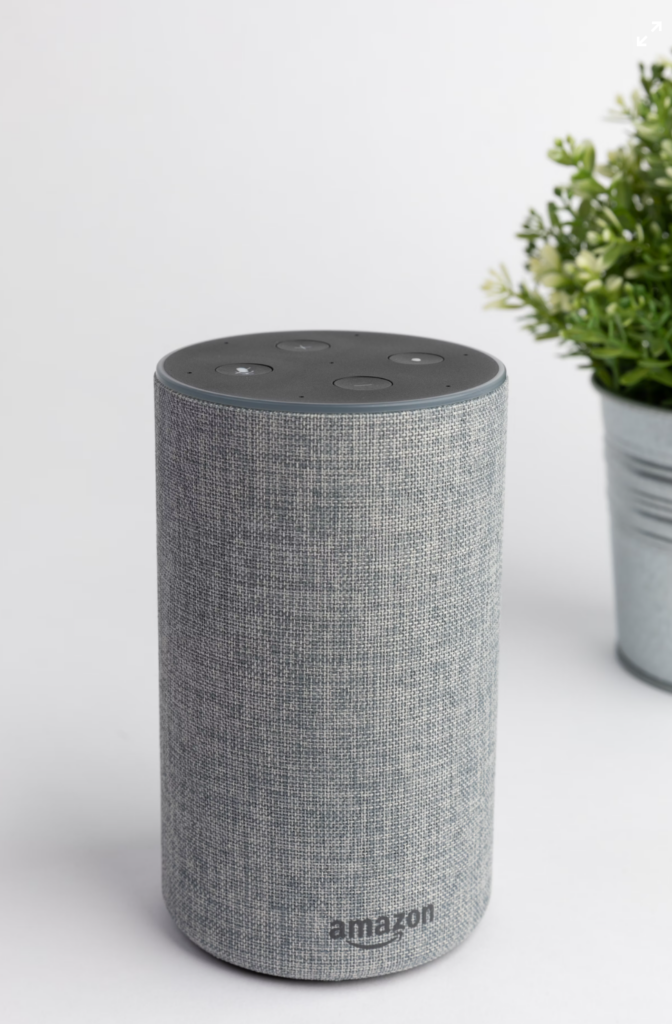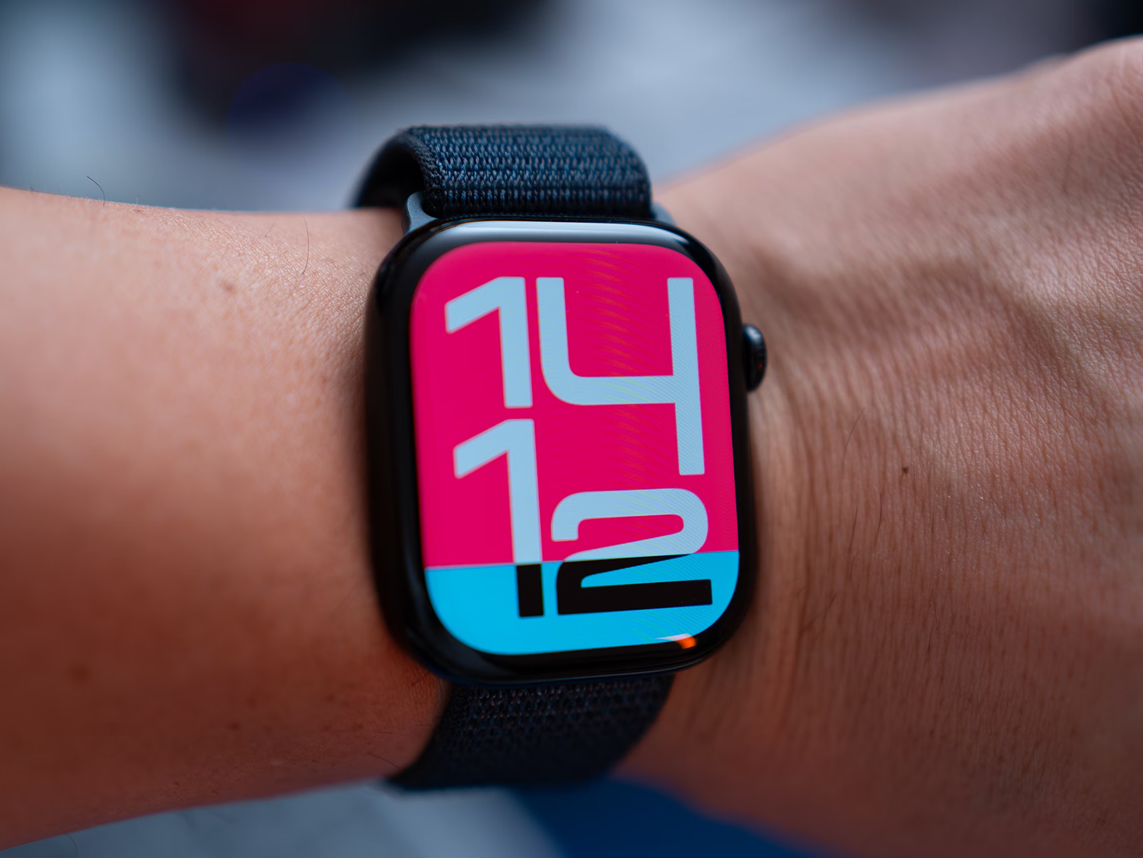
Amazon has made a major announcement that is set to change the way millions of people use their Echo devices. Starting March 28, 2025, all voice recordings from Echo devices will be processed exclusively in the cloud. This means that users will no longer have the option to process voice requests locally on their devices, a feature that was previously available on some Echo models.
This decision comes as Amazon introduces Alexa+, an upgraded AI-powered assistant that aims to improve functionality and user experience. However, with this change comes privacy concerns, as many users worry about their data being stored on Amazon’s servers.
In this article, we’ll break down what this change means, why Amazon is making this move, what Alexa+ is all about, and how you can manage your privacy settings.
Amazon’s Shift to Cloud-Based Voice Processing
Previously, Amazon allowed certain Echo devices to process voice requests locally instead of sending them to the cloud.
This local processing option was limited to users in the United States who had their devices set to English. The goal was to provide faster responses while maintaining a higher level of privacy. However, this option is now being phased out completely, meaning that all voice recordings will now be processed in Amazon’s cloud servers.
Why Is Amazon Making This Change?
Amazon claims that the shift to cloud-based processing is necessary for enhancing Alexa’s AI capabilities. With the launch of Alexa+, the company is introducing more advanced features that require significant computing power. Local devices simply do not have the hardware to support these new capabilities, which is why cloud processing is now mandatory.
By moving all voice recordings to the cloud, Amazon aims to:
✔ Enhance Alexa’s understanding and responsiveness
✔ Improve personalization and accuracy
✔ Offer new AI-powered features that local devices cannot handle
However, this change also means that users must trust Amazon with their voice recordings, which raises privacy and security concerns.
Introducing Alexa+: The Future of Voice Assistants
With the shift to cloud processing, Amazon is also introducing Alexa+, an upgraded version of its voice assistant. Unlike the previous versions of Alexa, Alexa+ will use advanced AI models to provide more accurate, faster, and more personalized responses.
What’s New in Alexa+?
- Improved AI Understanding
- Alexa+ will now understand and recall longer conversations.
- It will provide better contextual responses, making it feel more human-like.
- Advanced Task Assistance
- Alexa+ will read, summarize, and recall lengthy documents for you.
- It can now assist with more complex requests like planning trips, organizing schedules, and even grocery shopping.
- More Accurate Recommendations
- Alexa+ will use AI to provide personalized recommendations based on your habits and preferences.
- Seamless Multi-Device Sync
- Users can now sync Alexa+ across multiple devices for a smoother experience.
Amazon claims that these features require cloud-based AI models, which is why local processing is no longer an option.
Privacy Concerns: What Happens to Your Voice Recordings?
While Amazon promotes better AI capabilities, the shift to mandatory cloud processing has raised serious privacy concerns.
In the past, Amazon has faced legal issues regarding Alexa recording and storing private conversations without user consent. The company has denied these claims, stating that Alexa only activates upon detecting the “wake” word (such as “Alexa” or “Echo”).
However, critics argue that cloud-based voice processing increases the risk of data breaches and potential misuse of personal information.
What Can Users Do to Protect Their Privacy?
Amazon has assured users that they still have control over their voice recordings. Here’s what you can do to manage your privacy settings:
✅ Disable Voice Recording Storage: You can go to your Alexa settings and choose not to save voice recordings after processing.
✅ Delete Existing Voice Recordings: If you’re concerned about past recordings, you can manually delete them through the Alexa app.
✅ Use Mute Features: Most Echo devices come with a microphone mute button, allowing you to prevent Alexa from listening when not in use.
✅ Review Privacy Settings Regularly: Make it a habit to check and adjust privacy settings to ensure your data is protected.
User Reactions and Concerns
The decision to eliminate local voice processing has sparked mixed reactions from users.
✔ Some users are excited about the new AI features, believing that Alexa+ will provide a better user experience with improved responses and smarter recommendations.
❌ Others are worried about privacy risks, arguing that storing voice recordings in the cloud could expose users to potential security threats.
Many privacy advocates suggest that Amazon should provide an option for local processing, allowing users to choose between privacy and advanced AI capabilities.
Alternatives to Amazon Echo
If you’re uncomfortable with Amazon storing your voice recordings in the cloud, you might want to consider alternative smart assistants that prioritize privacy.
1. Apple’s Siri
- Pros: Apple focuses heavily on user privacy and offers local processing for certain requests.
- Cons: Siri’s AI is not as advanced as Alexa’s.
2. Google Assistant
- Pros: Google provides strong AI capabilities and allows users to delete voice recordings manually.
- Cons: Google still collects a large amount of user data.
3. Open-Source Smart Assistants (e.g., Mycroft, Home Assistant Voice)
- Pros: These assistants offer privacy-first solutions that work without cloud processing.
- Cons: They lack the advanced AI features that Alexa+ provides.
If privacy is a top priority for you, switching to an alternative assistant may be the best option.
Final Thoughts: Is This a Good or Bad Change?
Amazon’s decision to move all voice recordings to the cloud is a double-edged sword. On one hand, users get a smarter, more capable AI assistant with Alexa+. On the other hand, privacy concerns are heightened, as voice recordings will now be processed on Amazon’s servers.
If you’re excited about new AI features, then Alexa+ could be a great upgrade. However, if data privacy is your main concern, you may want to review your settings or consider other voice assistants.
Key Takeaways:
✔ All Echo devices will now process voice recordings in the cloud starting March 28, 2025.
✔ Amazon claims this change is necessary to support Alexa+’s advanced AI features.
✔ Users will no longer have the option to process voice requests locally.
✔ There are still ways to protect your privacy, including deleting voice recordings and adjusting settings.
✔ Privacy-conscious users may want to explore alternative smart assistants.
What do you think about this change? Do you trust Amazon with your voice recordings, or are you concerned about privacy risks? Let us know in the comments below!
🔗 [Find the Best Echo Devices Deals Here]
🔗 [Explore Best Smart Home Devices – Upgrade Your Living Space Here]












One thought on “Amazon Alexa Will Record Everything You Say – And There’s No Way to Stop It!””